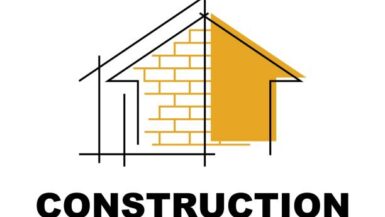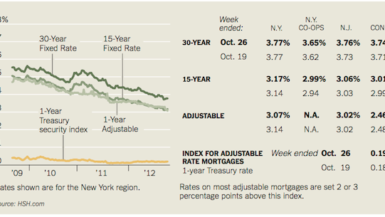Introduction
Building a house is a significant milestone for many individuals and families. Whether you’re a first-time homeowner or looking to upgrade to your dream house, understanding the cost involved is crucial. A cost to build a house calculator is a valuable tool that can help you estimate the expenses associated with constructing a new home. In this article, we will delve into the various factors that contribute to the overall cost, how the calculator works, and essential considerations to keep in mind during the planning process.
1. Why Use a Cost to Build a House Calculator?
Before we delve into the specifics, let’s explore why using a cost calculator is essential. A cost calculator provides a preliminary estimation of the expenses involved in building a house, allowing you to set a realistic budget. It considers several factors such as location, size, materials, labor costs, and additional features. Having an estimated budget at the beginning of your project enables you to make informed decisions and avoid unexpected financial strains.
2. Factors Affecting the Cost of Building a House
The cost of building a house can vary significantly based on numerous factors. Understanding these factors will help you comprehend the calculator’s results better. Some of the key factors include:
H1: Location
The location of the construction site plays a critical role in determining the cost. Different regions have varying land prices, building codes, and labor expenses. Urban areas may have higher construction costs compared to rural regions due to limited space and increased demand for materials and labor.
H1: Size and Layout
The size of the house and its layout directly impact the overall cost. Larger homes require more materials and labor, resulting in higher expenses. Additionally, complex designs or customized layouts may incur additional costs.
H2: Material Selection
The type and quality of materials used in construction can significantly influence the budget. High-end materials may enhance the overall cost, while more affordable options can help you stay within your budget.
H2: Labor Costs
Labor costs are a significant portion of the construction expenses. Skilled laborers with experience may charge higher rates, but they often deliver better results. It’s essential to strike a balance between quality and cost-effectiveness.
H3: Additional Features
Including special features like swimming pools, landscaping, or energy-efficient installations will add to the overall cost. While these additions can enhance the property’s value, they should be carefully considered within the budget.
3. How Does a Cost to Build a House Calculator Work?
A cost calculator uses a combination of data inputs and algorithms to estimate the total cost of building a house. Here’s how it works:
H1: Input Data
Users provide essential details such as location, house size, number of floors, desired materials, and additional features they want to include.
H1: Data Analysis
The calculator processes the provided data and compares it to relevant construction data, including material costs and labor rates in the given location.
H2: Cost Estimation
Based on the data analysis, the calculator generates an estimated cost for building the house, breaking it down into different categories like materials, labor, and other expenses.
H2: Adjustment and Refinement
Users can adjust certain inputs, such as material choices or house size, to see how it impacts the overall cost. This iterative process helps homeowners make informed decisions.
4. Considerations Before Using a Cost to Build a House Calculator
While a cost calculator is a valuable tool, it’s essential to keep some considerations in mind:
H1: Accuracy
Remember that a cost calculator provides an estimate and not an exact figure. Real-life construction costs may vary due to market fluctuations or unforeseen circumstances.
H1: Local Factors
Local factors, such as building permits, zoning laws, and taxes, can influence the overall cost. Always consider these when using the calculator.
H2: Contingency Budget
Set aside a contingency budget for unexpected expenses that may arise during construction. It’s wise to allocate around 10-15% of the total budget for contingencies.
H2: Multiple Estimates
Obtain estimates from different sources, including contractors and builders, to compare them with the calculator’s results. This ensures a more comprehensive understanding of the potential costs.
5. Conclusion
Using a cost to build a house calculator is an essential step in the planning process for constructing your dream home. It empowers you to make informed financial decisions and keeps you within your budget. Remember to consider all the relevant factors and use the results as a starting point for further refinement.





Leave a reply